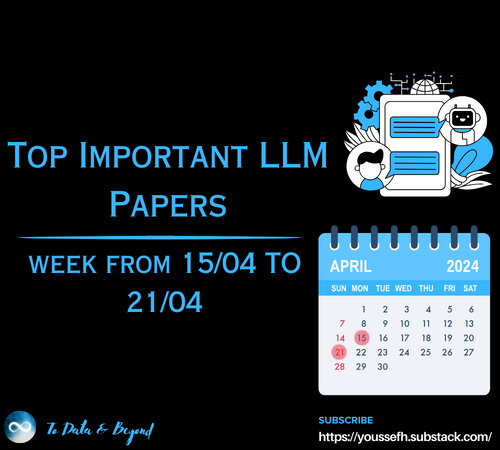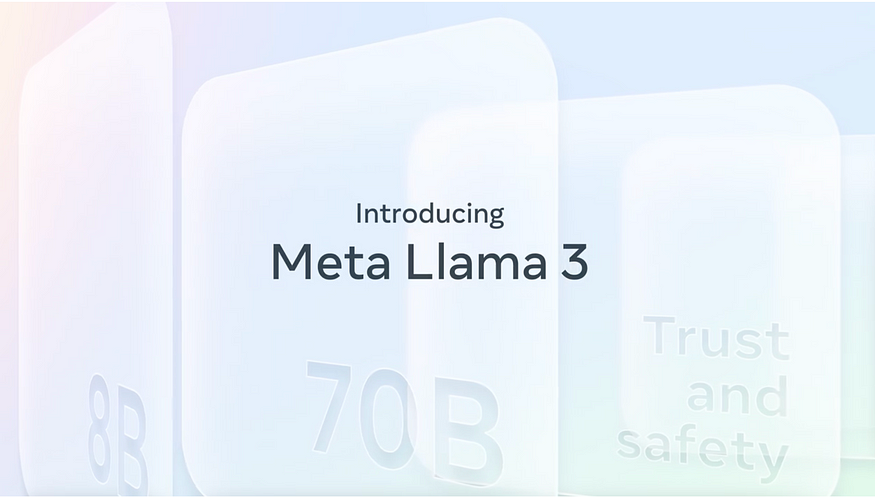RLHF Training Pipeline for LLMs Using Huggingface 🤗
Last Updated on December 11, 2023 by Editorial Team
Author(s): Marcello Politi
Originally published on Towards AI.
Learn how to develop your own domain-specific LLM with this Python hands-on guide
Photo by Jongsun Lee on Unsplash
This blog post was written by Marcello Politi and Vijayasri Iyer.
By now, everyone is talking about generative AI and Large Language Models. Models such as ChatGPT and Grok have become household names today, and there are many people who want to adopt solutions based on these technologies to improve their businesses.
It must be said, however, that although the language capabilities of these models are impressive, they are still far from perfect; indeed, there are many major problems that we still cannot solve.
LLMs, like all Machine/Deep learning models, learn from data. Therefore, there is no escaping the garbage in garbage out rule. That is, if we train the models on low-quality data, the quality of the output at the inference time will be equally low.
This represents the main reason why, during conversations with LLMs, responses with biases (or prejudices) occur.
However, there are techniques that allow us to have more control over the output of these models to ensure the LLM alignment so that the model’s responses are not only accurate and coherent but also safe, ethical, and desirable from the perspective of developers and users. The most commonly used technique nowadays its by using reinforcement learning
Image… Read the full blog for free on Medium.
Join thousands of data leaders on the AI newsletter. Join over 80,000 subscribers and keep up to date with the latest developments in AI. From research to projects and ideas. If you are building an AI startup, an AI-related product, or a service, we invite you to consider becoming a sponsor.
Published via Towards AI

 Logo:
Logo:  Areas Served:
Areas Served: 








